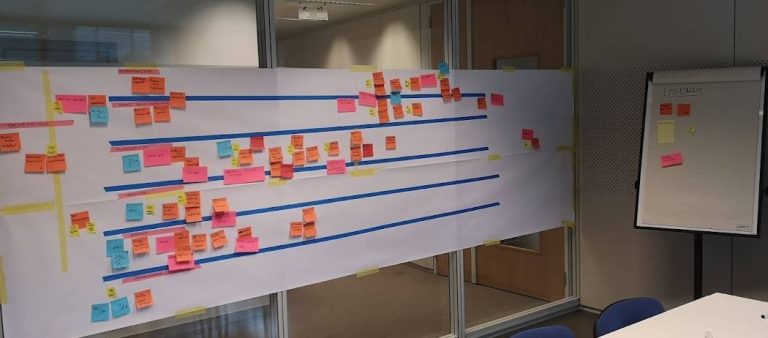Standing on the Shoulders of Giants: The Importance of Relying on Widely Known Principles in Software Development
In the world of software development, there is a wealth of knowledge and expertise built upon the experiences of the industry’s pioneers. The phrase “standing on the shoulders of giants” emphasizes the importance of building on the knowledge of those who came before us to achieve greater heights. In this blog post, we’ll explore the significance of adhering to widely known principles, such as Object-Oriented Programming (OOP) and SOLID, and how they can help your software development team create better, more maintainable software.
- The Power of Established Principles
When software development teams rely on widely recognized principles, they can leverage the collective wisdom and experience of the industry. These principles have been tested, refined, and proven over time, providing a strong foundation for building software that is maintainable, scalable, and efficient. By embracing these principles, teams can avoid common pitfalls and focus on delivering value to their users.
- The Benefits of Embracing Widely Known Principles
Relying on established principles like OOP and SOLID can provide numerous benefits for software development teams:
- Improved code quality: Following these principles can lead to cleaner, more organized code that is easier to understand and maintain.
- Greater efficiency: Adhering to proven practices can help teams avoid common mistakes and reduce the time spent on debugging and refactoring.
- Easier onboarding: When a team follows widely known principles, new team members can more quickly become productive, as they are likely already familiar with these concepts.
- Enhanced collaboration: A shared understanding of best practices can promote better communication and collaboration among team members.
In software development, standing on the shoulders of giants means embracing the wisdom and experience of those who have come before us. By adhering to widely known principles like OOP and SOLID, software development teams can create better, more





